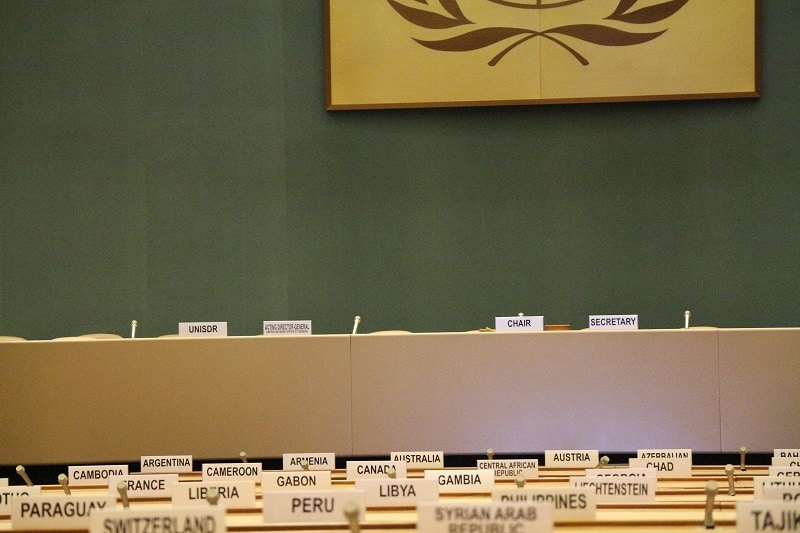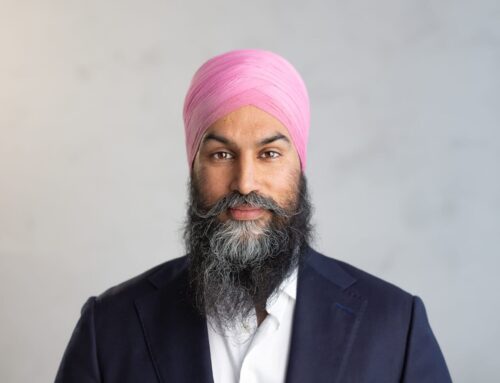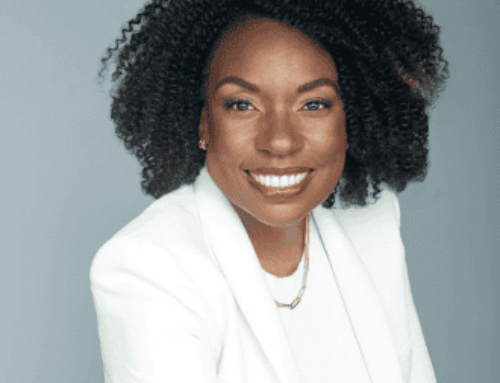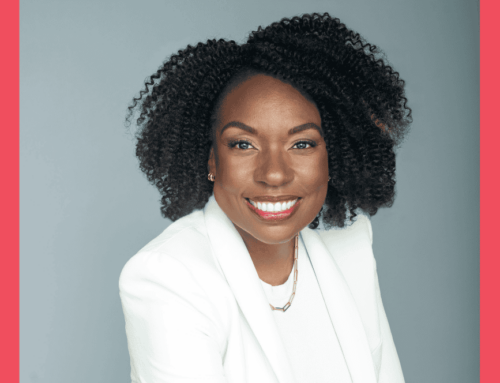The United Nations Commission on the Status of Women (UNCSW) is the principal intergovernmental body dedicated to the promotion of gender equality and the empowerment of women. This year, when the Commission met for its annual two-week session in New York, grantees of the Canadian Women’s Foundation were there to represent their communities and bring their perspectives to the table.
I spoke with Susan Berthiaume and Cathy Denby from grantee NdinawemaaganagEndaawaad Inc. about their experience mid-week at UNCSW.
Tell me about your work: How does your role tie into the conversations happening at UNCSW? How does your work relate to the theme of social protection systems, accessible public services, and sustainable infrastructure? How does it relate to women’s empowerment in sustainable development?
We’re so honoured and excited to be at UNCSW to speak about our work this week.
Ndinawe is a not-for-profit organization dedicated to helping at-risk youth in Winnipeg. We provide shelter, as well as culture, recreation, education, outreach, and support programs for children and youth ages 13 to 24.
We really see the connections between our Child and Youth Care Certificate Program and this year’s UNCSW themes!
The program works with adults who were sexually exploited and trafficked as children. The majority of the students are Indigenous women, approximately 80 per cent. The program is for individuals who wish to become Child and Youth Care Practitioners, and Ndinawe provides an off-campus, community-based setting to study the accredited curriculum and obtain their college certificates.
What makes it a one-of-a-kind program are the supports that are provided in conjunction with the delivery of the curriculum, and the way that the program honours and validates each participant’s lived experience as a valuable contribution to the field of child and youth care.
Each student brings their own desire to learn and heal, and understand their own early lives. Most of our students grew up in or spent large portions of their childhoods raised in colonial-imposed systems. Their unique understanding of these systems, combined with our education program, makes for incredibly skilled practitioners upon graduation.
To make this all function effectively, Ndinawe sees and works with each student as an individual. In a team approach with our instructors and staff, we collectively provide a blend of systems navigation, advocacy, therapeutic supports, and cultural and spiritual connections. The goal – through ceremony, counseling, and very practical life supports – is to help guide them to pathways that can open other doors to further and higher education, employment, and more importantly, to honor and support their lived experiences while transmuting those into specialized skills rooted in prevention for children and youth at risk of sexual exploitation.
Much of our daily work is challenging protections systems that weren’t designed to protect Indigenous Canadians, especially women. We see gaps in these systems and most of our students get caught and can get caught for a lifetime in their intersections. This is the bulk and hardest part of the work we do.
What’s the atmosphere like at UNCSW?
The atmosphere is vibrant and supportive, and it’s incredible to be surrounded by women from around the globe who want to share their stories. This is an opportunity for us to enrich our programming with ideas from women with a variety of different perspectives, and I’m already feeling a solidarity among everyone I’ve met.
We are so grateful for this opportunity.
What session or event did you enjoy the most?
It’s been truly amazing to be attending events. We went to a great session called Tipping the Balance: Sexual Assault and Power Relationships, presented by the Garden of Hope Foundation, where women from Japan, Taiwan, China, and the US spoke about their network of women’s shelters. We learned so much, appreciated their connectedness to each other, and gained a better understanding of the issues they were facing regarding sexual and domestic violence in the culture they live and work in. Personal testimony from survivors offered deeper perspectives on the multiple barriers women face when seeking justice.
We also went to a session called The Economic Cost of Violence against Women and Girls in Trinidad and Tobago. The Republic is undertaking a social cost analysis of the impact of violence against women and girls, looking at both the direct and indirect costs. They’re involving law enforcement to create a positive relationship between families and police officers and building trust in their communities. So much of what they had to share is applicable to the work happening in Winnipeg and our young population as efforts continue to build and maintain positive relationships between police and youth.
Everything we saw and learned today will inform our perspective and work moving ahead.
What’s been your biggest takeaway so far? What have you learned that will carry over into your daily work?
The biggest takeaway is that we are not alone. Globally and nationally, there are movements and changes in motion. To sit on a panel with other Canadian women who are challenging oppressive systems increased our capacity to work together and to understand the work that each of us does day to day. The connectedness we feel with our colleagues across the country will not be lost as we return to our individual organizations and programs.
Further, the national connections we made with other women seeking protections for social programming, especially Indigenous women, were remarkable. We feel we had something of value to share and hope our program’s template can offer possibilities for other communities to adapt to meet their needs.
Our day-to-day work will be improved by connections and new relationships we’ve made. We will be reaching out and building new protection systems together based on our shared strengths.
We again want to express our gratitude to the Canadian Women’s Foundation for supporting us and believing in the strength and necessity of our work. Meegwetch.
Learn More:
Canadian Delegates Speak Up
National Indigenous History Month: Sonia Prevost-Derbecker
On International Women’s Day, Let’s Remove These Six Barriers to Women’s Leadership
Take Action:
Sign up for our e-newsletter to have our latest stories and resources sent to your inbox.
Follow us on Facebook and Twitter to join a national conversation about empowering girls.







